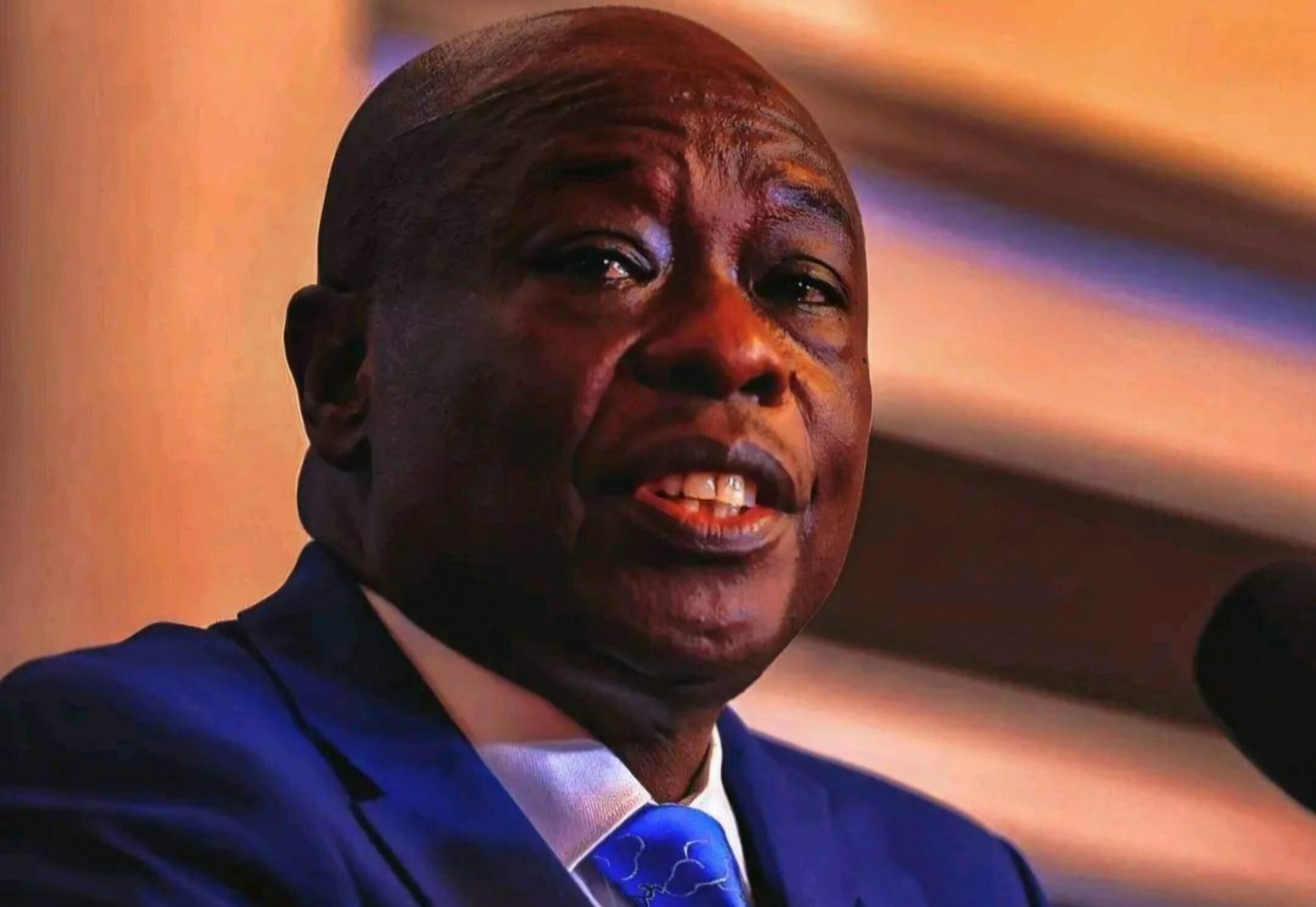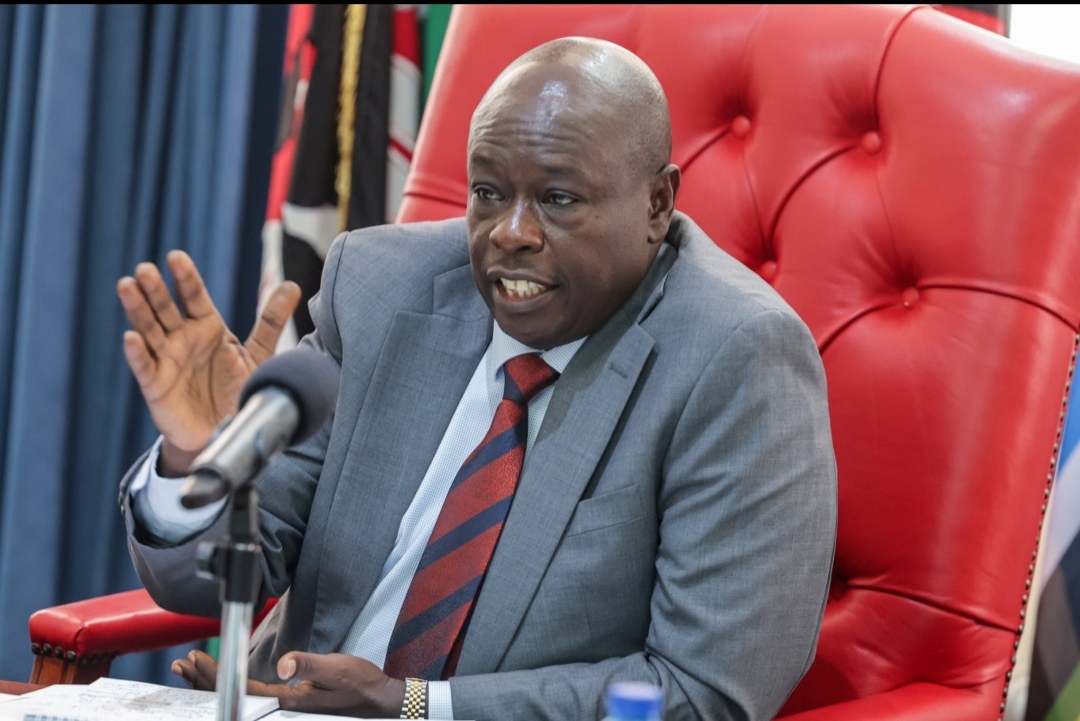Johni Celeb: Spinning the Decks
Deejaying is only a means to an end, so says 25-year-old John Njoroge Ndirangu, better known as deejay Johni Celeb. He talks to EDNA GICOVI about his love for God, balancing work and school and using his entertainment skills to reach out to the youth and helping them to pursue godly dreams.
A lot of children dream of becoming pilots when they grow up – to soar higher than the eagles and explore the skies, but not so for deejay Johni Celeb. Growing up, Johni wanted to be an astronaut and go to the moon. However, as reality hit home, he scaled down his dream to computers and IT before music came knocking at his door. Music had always been a big part of his life and he remembers collecting a lot of music from his friends. Their old home computer was always filled up with his music collections. He also recorded music using tapes from Kubamba, a popular gospel radio show that aired on Hope FM. He would use these tapes to deejay during church events.
“I’ve always been a church boy,” says Johni who got saved at the tender age of nine. He grew up in Kawangware, where a big chunk of his childhood was spent in church. He involved himself in dance groups, football teams, concerts, and acting, among many other activities at his church – Pentecostal Evangelism Fellowship of Africa (PEFA) Kawangware.
While at Kangemi High School, Johni met deejay Moz, a popular gospel deejay, who regularly visited the school to evangelize. Together with K-Krew, a youth ministry that reaches out to Kenyan youth through urban gospel and biblical based convictions, he hosted the Kubamba radio show. Johni always looked forward to these visits because of his interest in music.
Always a good performer, Johni was the first person from his high school to get an A grade. His good grades secured him a place at Kenyatta University to study energy engineering. He chose energy engineering because of his love for physics. He also wanted to do something that would fund his music passion.
While waiting to join university, he involved himself with many music events. His first major gig was in 2005 at a church in Kawangware where over 1,000 people attended. To advance his skills, he joined DJ Moz and his crew in a two-week deejaying camp aimed at improving deejaying skills. “It was a very intensive course and it helped me to improve my skills,” he says.
After this course Moz invited Johni to play at events with K-Krew. In 2006, he was on the opening act at the second edition of Totally Sold Out (TSO), an annual gospel concert. “My friends liked my performance and this raised my confidence and determination to be an excellent deejay,” he says. As a member of the K-Krew, he deejayed at several events including two that featured internationally acclaimed gospel artistes, Kirk Franklin and Israel Houghton.
Finding his balance…
He joined Kenyatta University in mid-2007 and continued with his hobby of deejaying. He hoped to study and get a ‘real’ career while doing music on the side. He promised himself he would totally focus on his academic goal and only take on gigs if time allowed. This was not an easy thing to do as he had grown into music and was fully immersed into it. He was doing part time work on the Kubamba radio show on Hope FM on Saturday nights, as well as playing at various events that called for travel around the country. Because of this, his school performance was not very good and he realised by the end of the second semester that he needed to get a balance if he was hoping to graduate.
He eventually found the balance after learning to prioritise, plan his time, and knowing when to say no. Through hard work and discipline, Johni has completed his course work and is now working on his final project and hopefully will graduate in December this year. He has done this amidst his hobby as a deejay where his skills continue to improve.
Johni says his deejaying skills have evolved, propelled by the growth of the gospel music industry. He has hosted programmes at various radio stations including Kenyatta University’s campus radio, Hope FM and Power Radio. He was also part of the team that started Crossover 101, a Gospel music show on NTV, in 2009. He also does deejay mixes and hosts Kubamba, which now airs on Citizen TV, together with the rest of K-Krew. He is currently on tour in Germany with several Kenyan artistes as part of a project dubbed – ‘The Kenya Music project.’ The project includes a series of concerts in different parts of Germany.
The intricate art of deejaying…
“Different people have different tastes in music. What the deejay brings to any event is variety and a unique blend of music,” says Johni. He goes on to explain: “A good deejay will avoid playing songs back to back, which can get boring and monotonous. A deejay packages music to suit various tastes. He has to listen to a wide variety of takes a lot of experience and practice,” says Johni. Another point he stresses is the importance of a deejay knowing his audience. He gives the example of a wedding he played at last year with guests spanning many nationalities – Kenyans, Zimbabweans, Tunisians, Cameroonians, Italians and Americans – and he had to ensure he played music that each one of them could identify with. “To entertain people, you have to know your music and know your crowd. Just because a song is a hit doesn’t mean it will work for everyone,” he says.
Patience, consistency and musical knowledge are another set of values required in the intricate art of deejaying. “Being a good deejay doesn’t happen in a day. Like everything else, the more you do it, the better you become at it. Music also changes and you have to keep up with the times,” he says.
More than a passion…
Johni is passionate about people and he achieves his passion through deejaying. “Deejaying has provided me with a platform to reach out to the youth. I interact with people from all walks of life and my work has given me a national platform where I have ability to influence young people,” says Johni, adding that he does not take this opportunity for granted.
“I use every opportunity to share my story and life experience with people I interact with and I get happy when I see them encouraged and motivated to pursue their dreams. I see my work as a big responsibility that calls for discipline, God’s grace and accountability,” he says. Johni gets many opportunities to motivate and mentor the youth to pursue godly dreams. “I see deejaying as a means to an end and if I can influence even two people positively, then I am satisfied,” he says.
He is also involved with charity work. He runs a feeding programme in a primary school in Ruiru with a group of friends. They are currently helping feed 30 children. Apart from ensuring the children get their meals, they also spend time with them, helping them with their school work and giving them emotional support as most come from poor or dysfunctional families. Johni says his life is currently at crossroads: “One part of me is interested in youth empowerment and deejaying and the other wants to pursue engineering as a career,” he says, adding that he is seeking God’s guidance on the issue. He looks forward to continuing to host The Lounge with gospel deejay Soxxy at Petma restaurant in Nairobi’s city centre. The Lounge is a weekly event for those looking for alternative entertainment off the clubbing scene. Johni lives by words once said to him by his close friend: Haya maisha hayataki waoga (this life is not for the cowardly). “Every time anything happens or big decisions have to be made, I remember these words. Life is for the bold,” he concludes.




